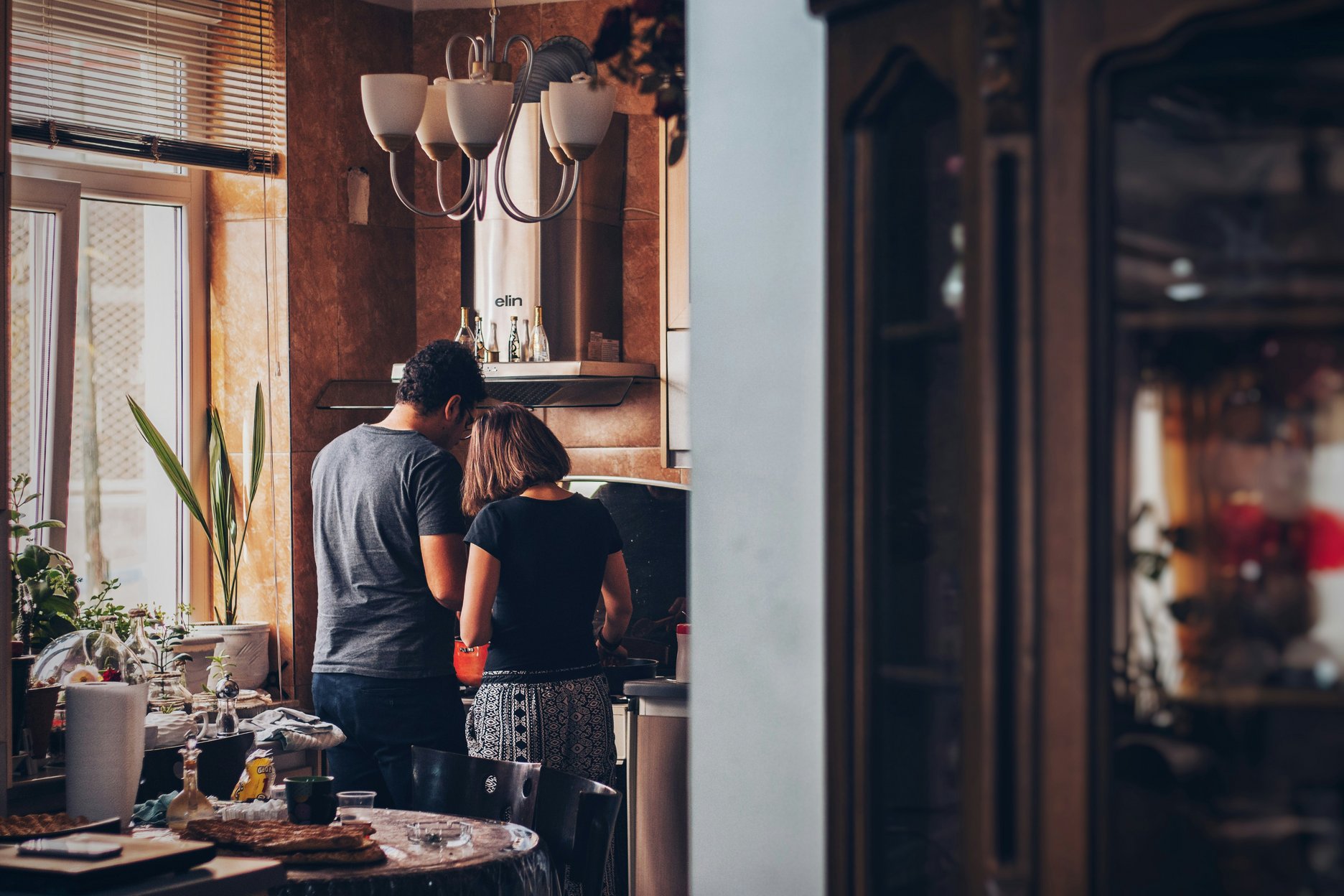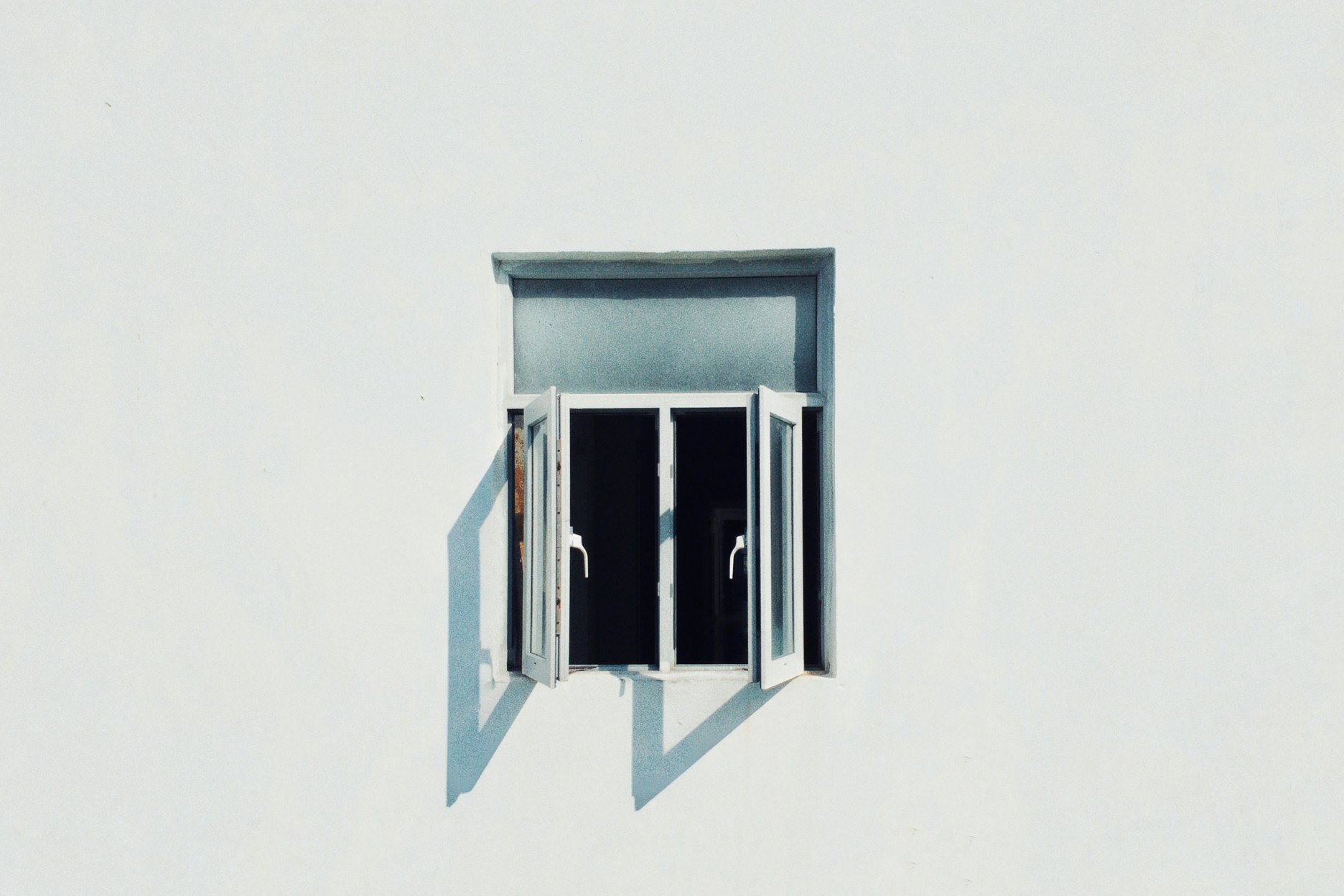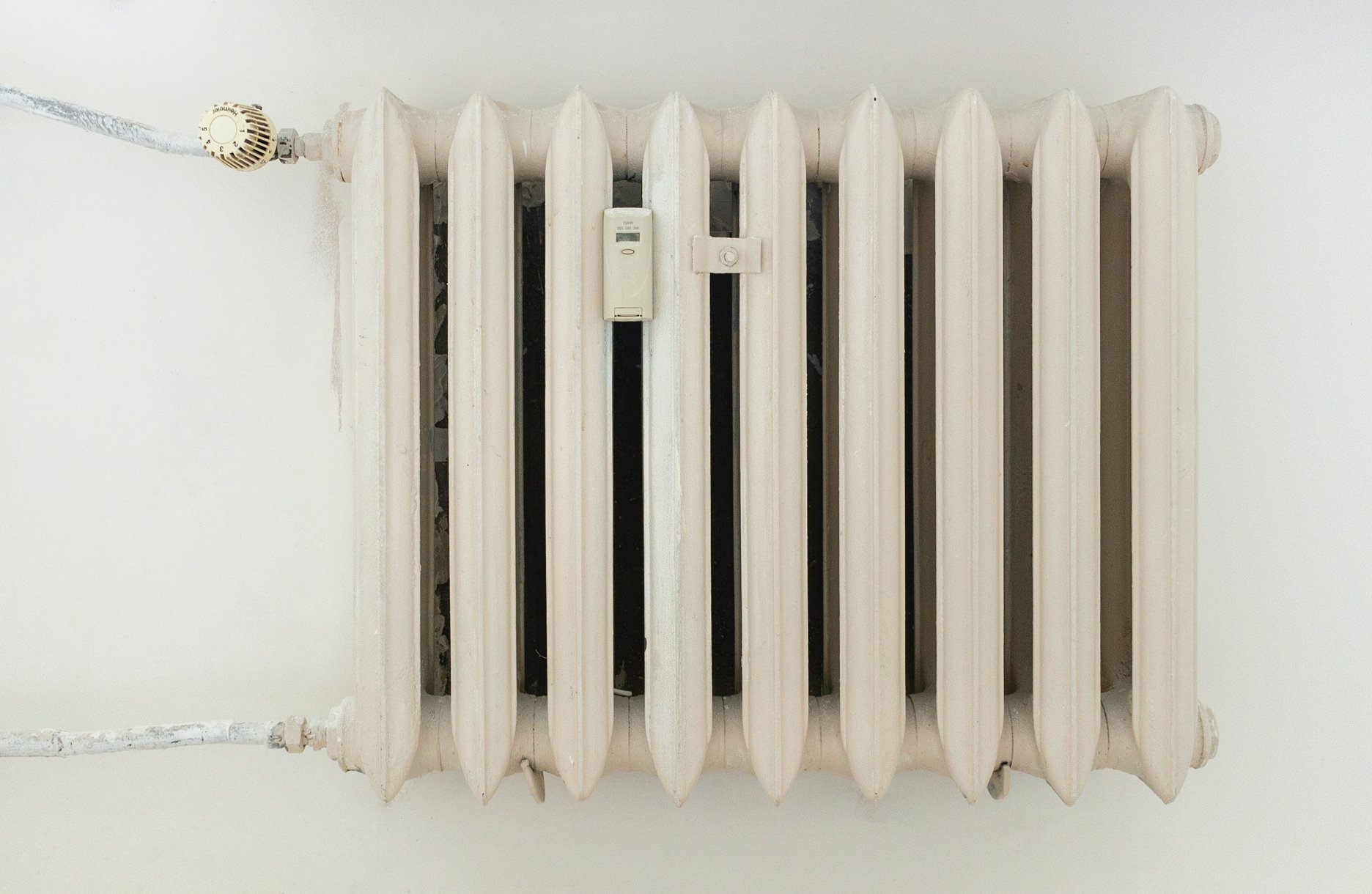
Try to reduce the water temperature when showering, especially now that it’s warm outside. The effect is even bigger if you reduce the amount of hot water that you consume by installing a water-saving shower head and by having shorter showers.



A growing awareness of the energy transition, the motivation to protect the climate and of course the rising energy prices: there are a lot of good reasons to take a closer look at your energy consumption and to try out solutions on how to reduce it. Because let’s not forget, even if we switch more and more to renewable energies, the best kilowatt hour remains the one that is not consumed.
With the following practical tips, we want to give you some hints on how to reduce your gas consumption and thus your bill without much effort, to the benefit of both the climate and your wallet.

Did you know that for each degree you cut the thermostat you can expect to reduce your energy consumption by five to six percent? This may not seem like much at first glance, but in a house that uses 2,700 m3 of gas per year, lowering the room temperature by one degree makes you save 162 m3 of gas.
In general, lesser used rooms can be heated less. For example, a temperature of 18 °C is sufficient in the hallway or in the kitchen. In the bedroom, you can even lower the temperature to 16 °C while the ideal temperature in the living room is 20 to 22 °C. In the bathroom you may want to keep the temperature even a bit higher when showering.
In rooms that are rarely used, you can turn down the heating and close the doors to prevent the heat escaping from the more heated parts of the house. However, make sure the temperature is not too low to avoid mould growth.

Even if it seems contradictory at first: airing also helps to reduce your energy bill. Not opening the windows would even lead to a higher energy consumption. Because whether it is showering, washing, cooking and ultimately the air we exhale, all of this produces humidity. And it is more difficult to heat moist air than dry air. According to experts, airing can reduce energy consumption by up to 12.5%. In addition, you prevent mould and improve the indoor air quality.
However, there are a few things to bear in mind while airing:

First, make sure nothing is covering the radiators, such as towels that are put there to dry. Neither should furniture or curtains cover the radiators so that the air can circulate freely. The thermostat should also not be covered, to allow it to measure the room temperature correctly and to control the heating.
Also remember to bleed the radiators once a year. This may sound more frightening than it actually is. Bleeding your radiators allows air that is trapped in the pipes to escape and ensures the efficiency of your heating system. It is recommended to do this preventively before the start of the heating season, so at the end of summer or in the beginning of autumn. If you notice that the radiators aren’t heating up properly or if you hear banging, clanking or gurgling noises, then you should definitely bleed the heating.
In principle, you can do it yourself, but if you prefer, you can also hire a specialist. In any case, with this simple measure you avoid consuming energy unnecessarily (up to 15% of energy can be saved this way!) and you also extend the service life of your heating system.

Try to reduce the water temperature when showering, especially now that it’s warm outside. The effect is even bigger if you reduce the amount of hot water that you consume by installing a water-saving shower head and by having shorter showers.